Today, the biggest news comes from the South Caucasus.
Here, Russia and Iran are vowing to dismantle the emerging peace and trade alliance between Armenia and Azerbaijan, treating the US-brokered Zangezur Corridor as a direct threat to their interests. Both countries are signaling they will stop the project by any means, including the use of military force.
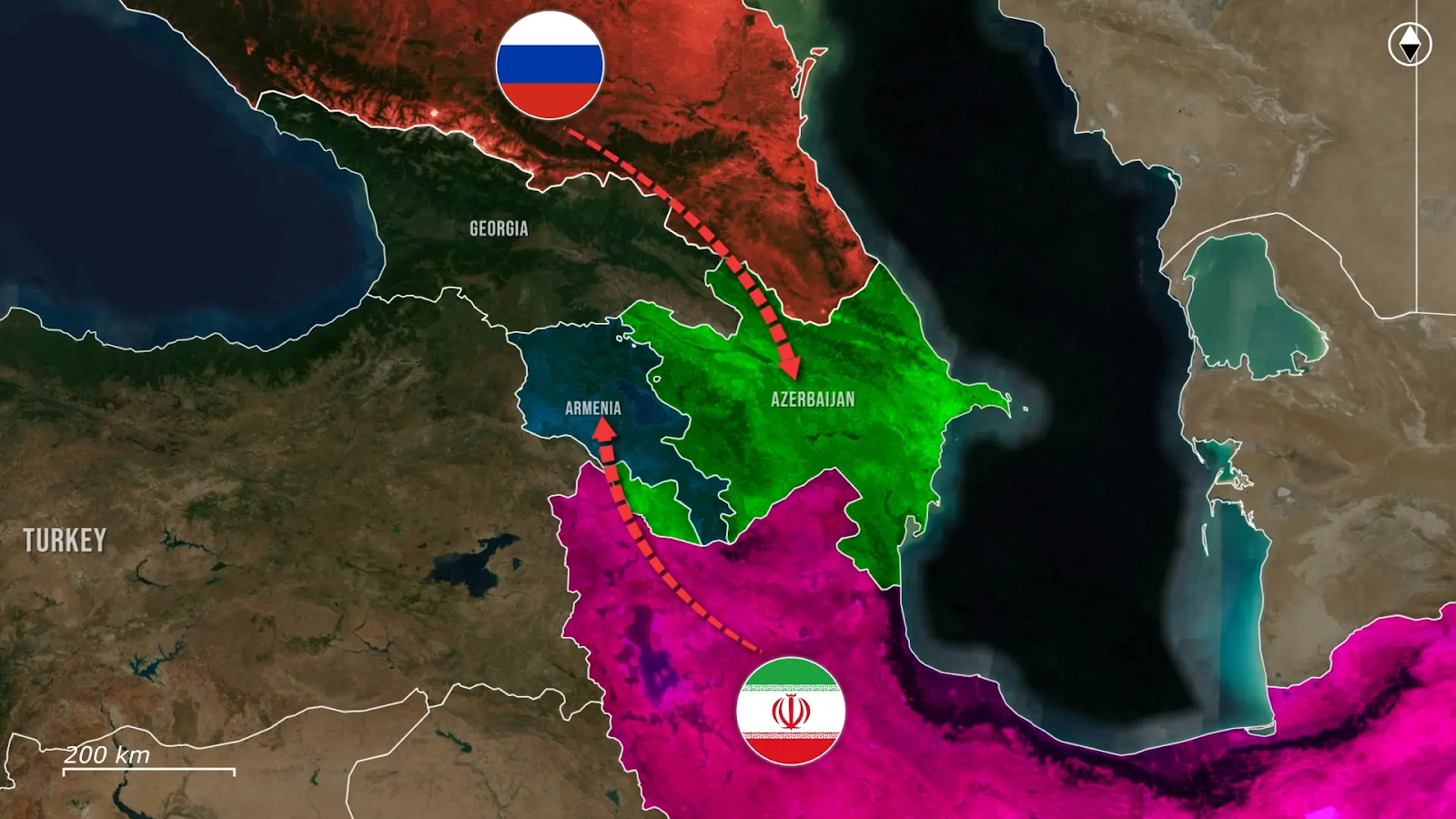
Armenia and Azerbaijan, once locked in decades of war over Nagorno-Karabakh, have moved to end hostilities, with a preliminary peace agreement signed in Washington. The deal paves the way for mutual recognition of borders and the creation of the Zangezur Corridor, a transport link managed by a third party running through southern Armenia, connecting mainland Azerbaijan to its Nakhchivan enclave and on to Turkey. For Azerbaijan, the corridor replaces its reliance on Iranian territory to mainland contact with Nakhchivan, cutting Iran out of a role it has used for years to exert leverage over Azerbaijan. For Iran, the project sidelines its influence in the South Caucasus entirely, additionally blocking access to the Armenian border it depends on for overland routes to regional markets and the Black Sea.
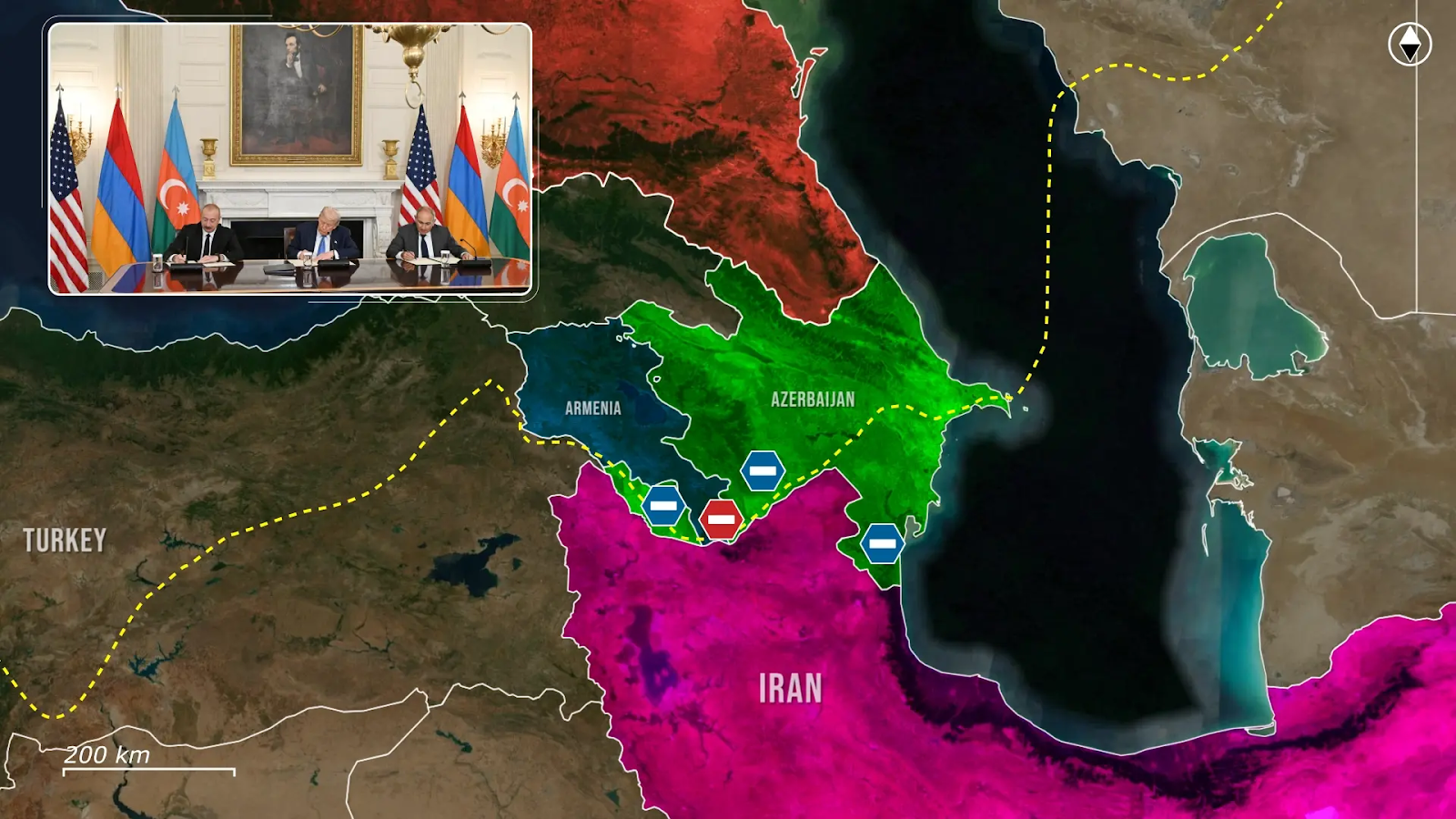
3It also threatens the Iran-Armenia gas pipeline and associated gas-for-electricity swap deals, which have been pillars of Tehran’s economic influence northward. By giving Azerbaijan and Armenia a direct route that bypasses Iranian territory altogether, the corridor undermines one of Iran’s last strategic footholds in the region.
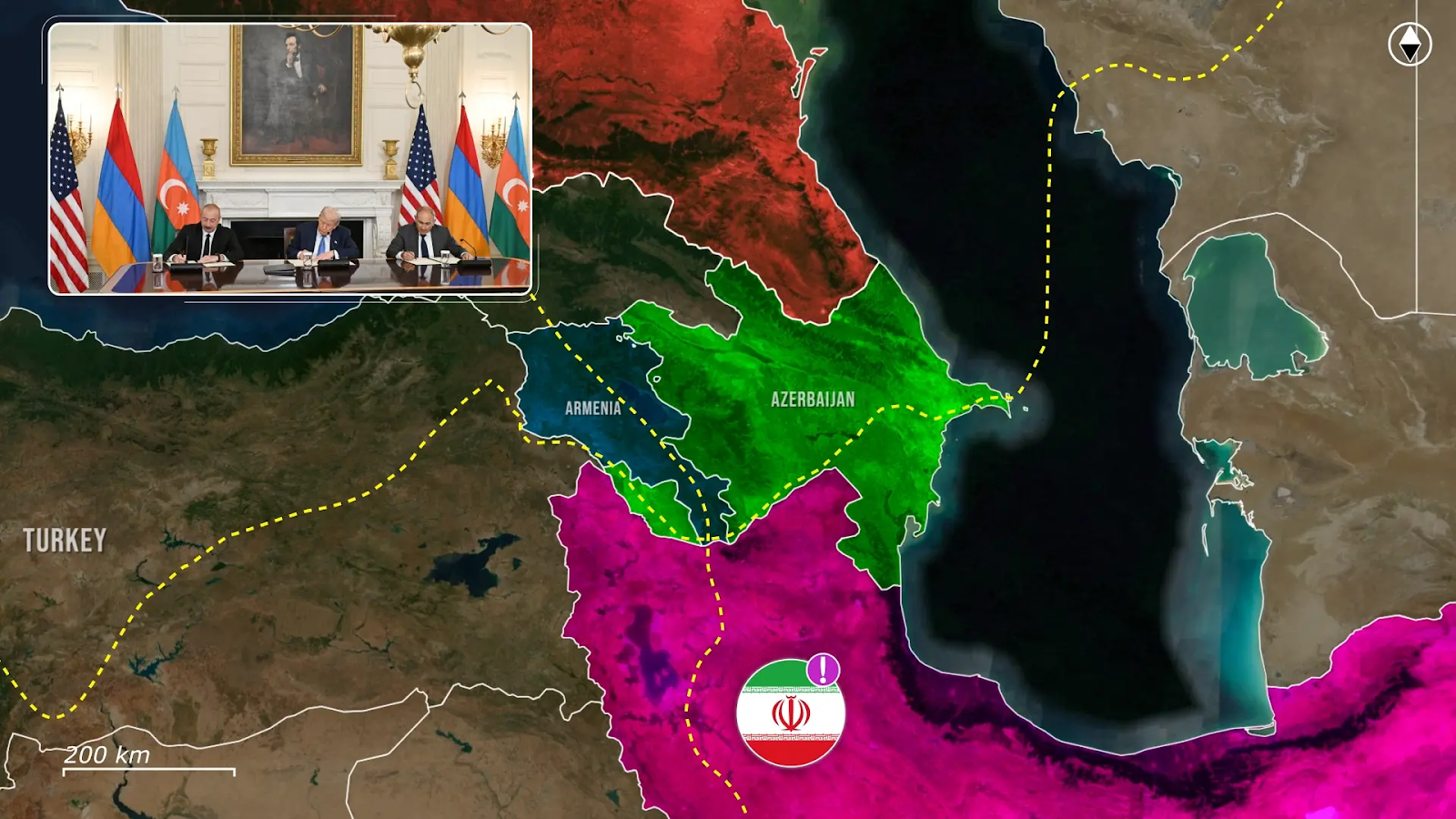
Tehran as now declared that it will block the Zangezur corridor’s construction, with or without Russian support. Senior adviser to the Supreme Leader, Ali Akbar Veleyati, called the idea of the US leasing the route to a private military company for 99 years impossible, warning that it would become a graveyard for Trump’s mercenaries.
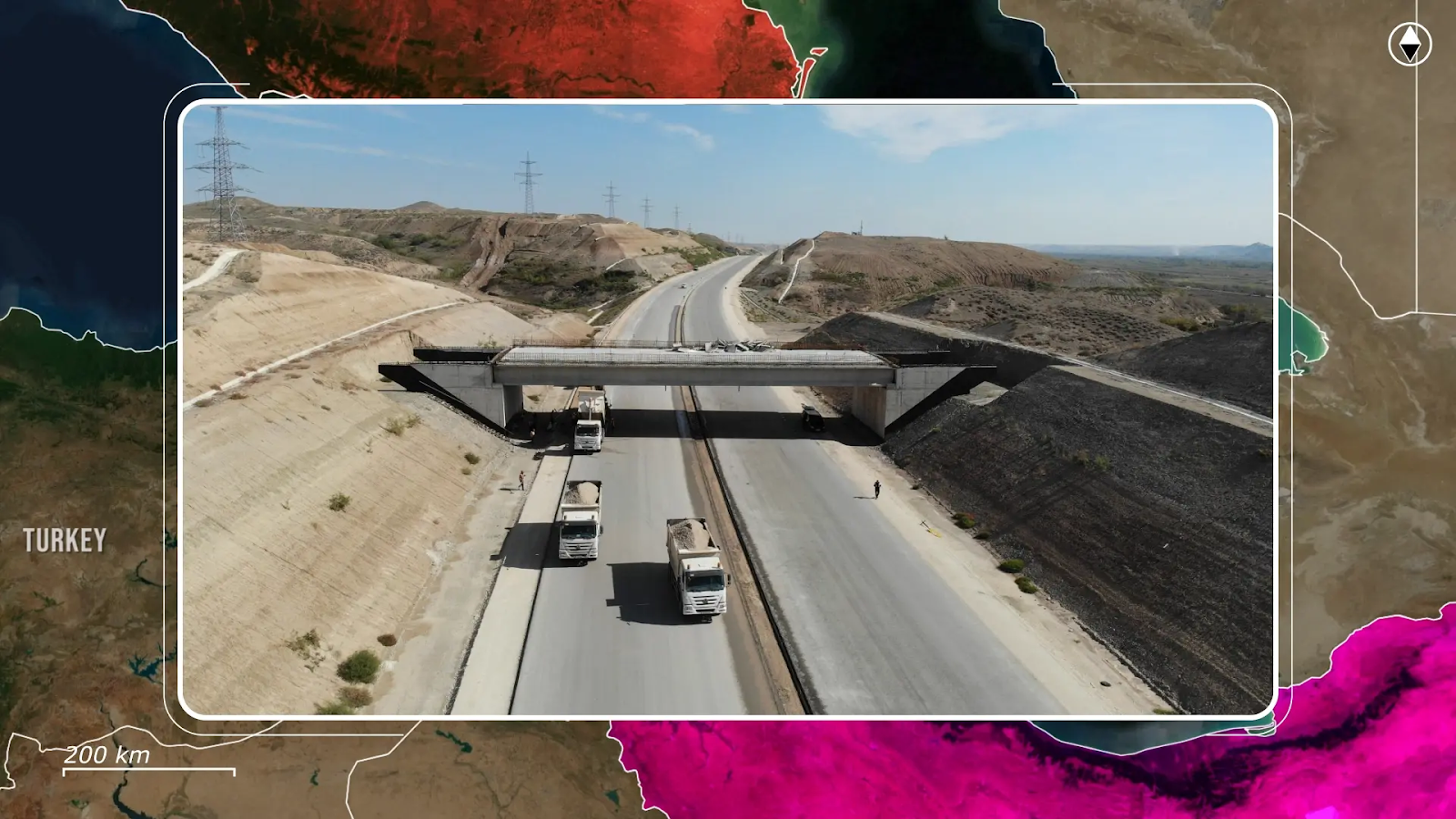
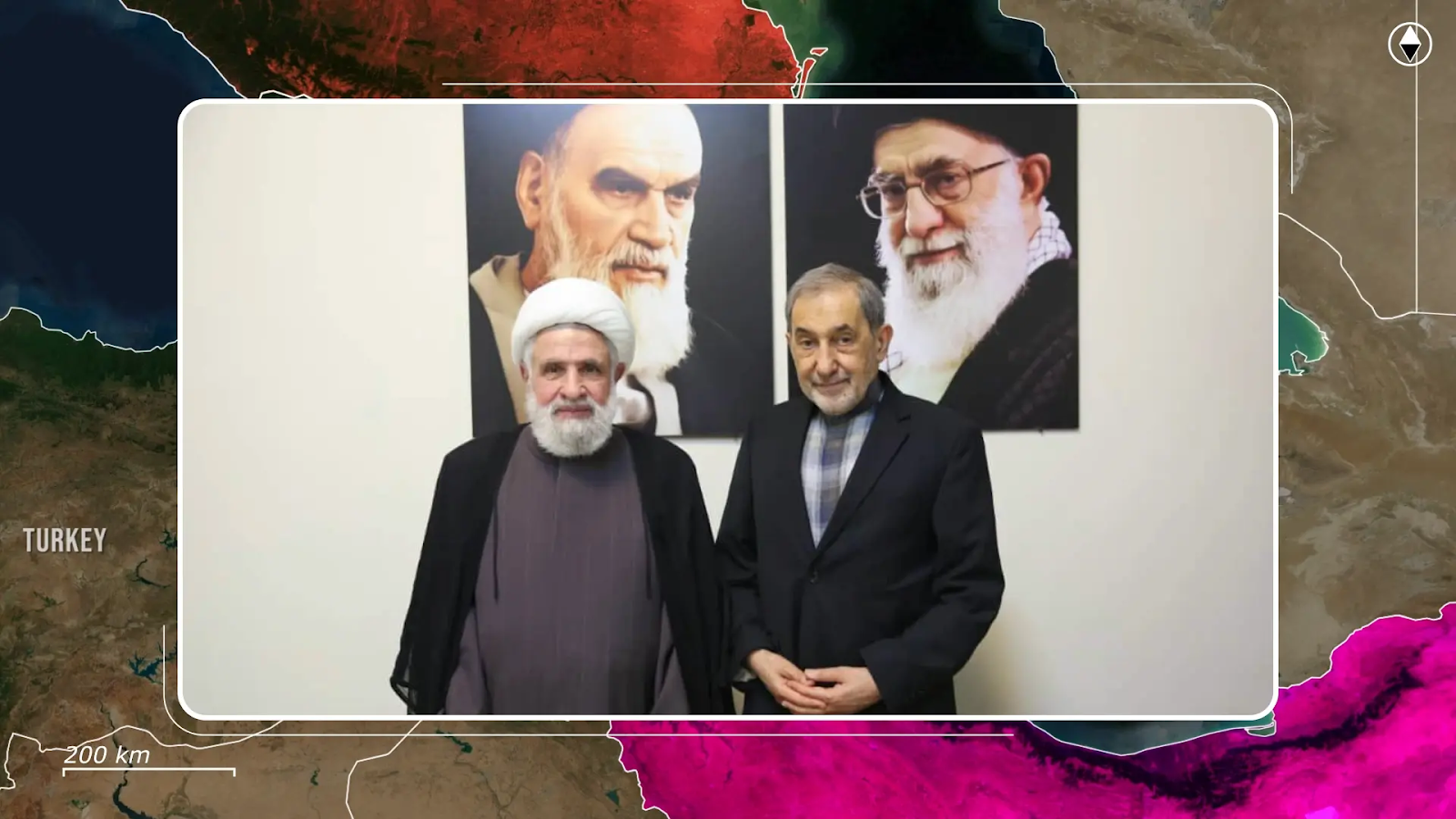
Iran has already held military exercises on its northwestern border to underscore its readiness to intervene, and possibly undertake military action against Armenia, Azerbaijan, and any who support the corridor’s construction. However, with the peace framework between Armenia and Azerbaijan now close to completion, and the construction of the Zangezur Corridor threatening to remove the need for Russian peacekeepers, Moscow is beginning to push back, even while still bogged down in Ukraine.
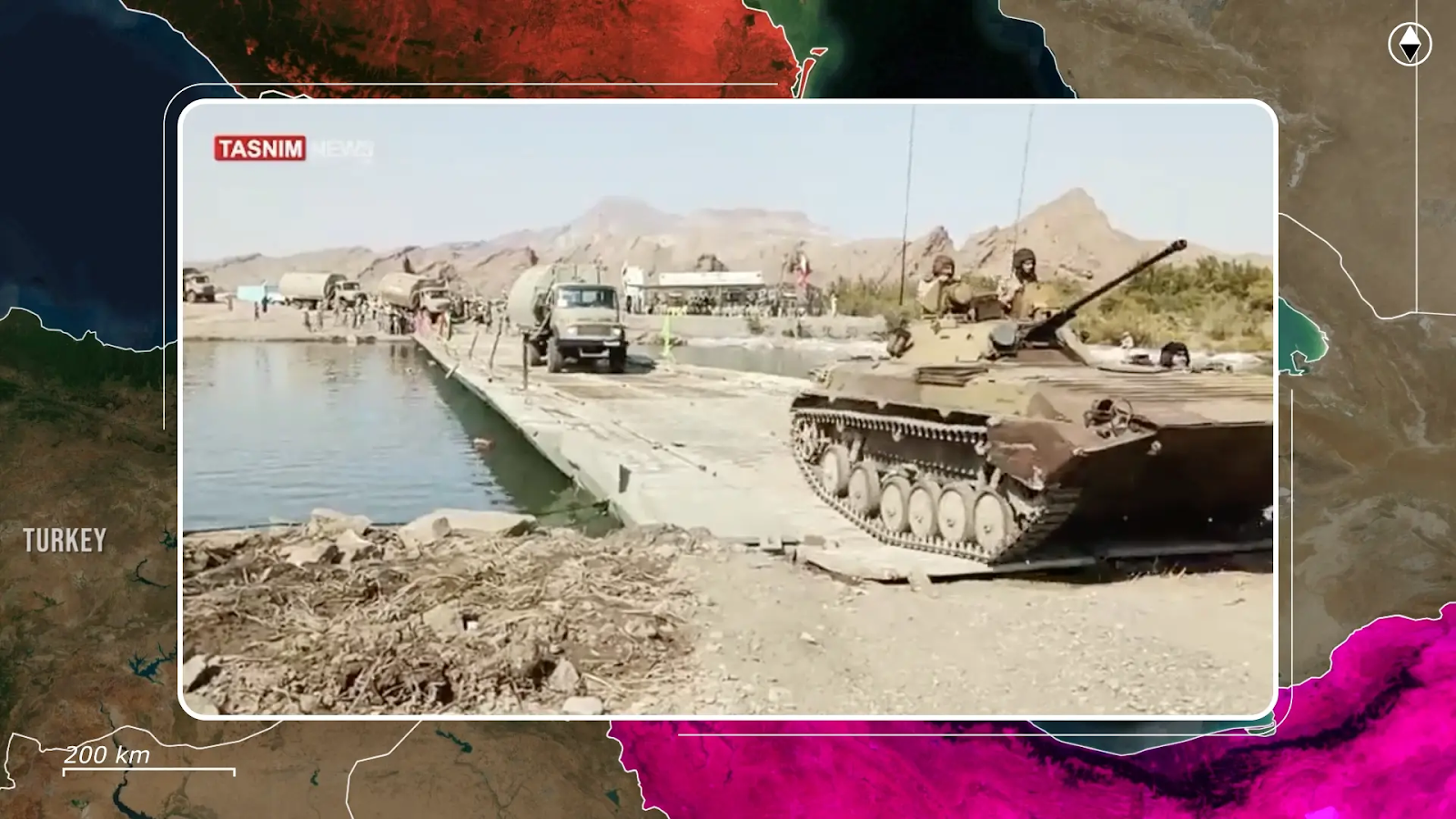
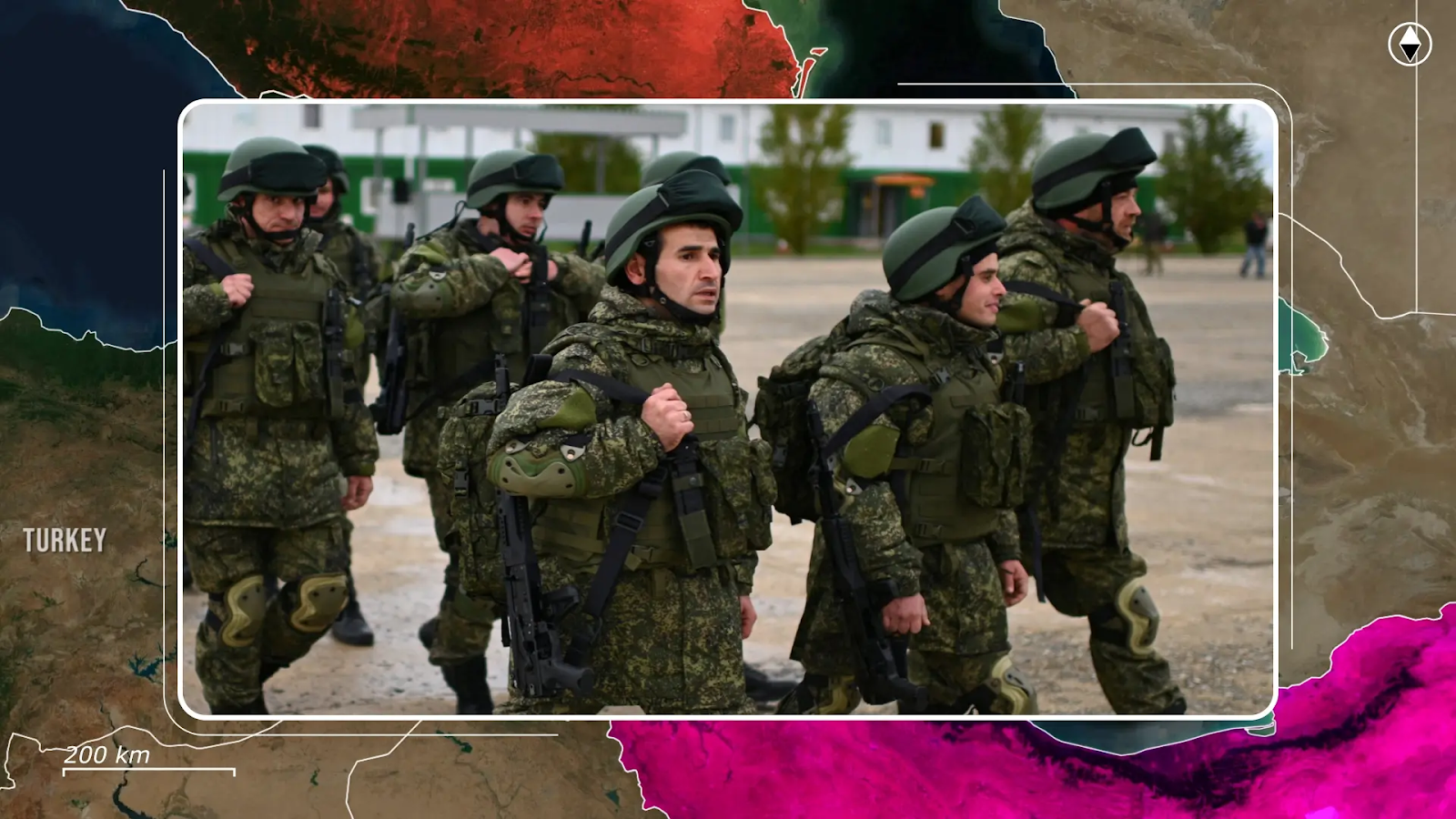
Russia has now launched a humanitarian mission in Armenia to provide aid to displaced Armenians from Nagorno-Karabakh, a move aimed at regaining popularity among the Armenian public while reminding the Armenian government that Russia will not give up its role and influence in the region. The effort also carries a veiled warning: that Moscow still has networks and presence inside Armenia, it could use to pressure the government. This is a sharp contrast to Russia’s earlier inaction, having failed to defend Armenia both before and during the Ukraine war, only to protest when Armenia sought guarantees elsewhere.
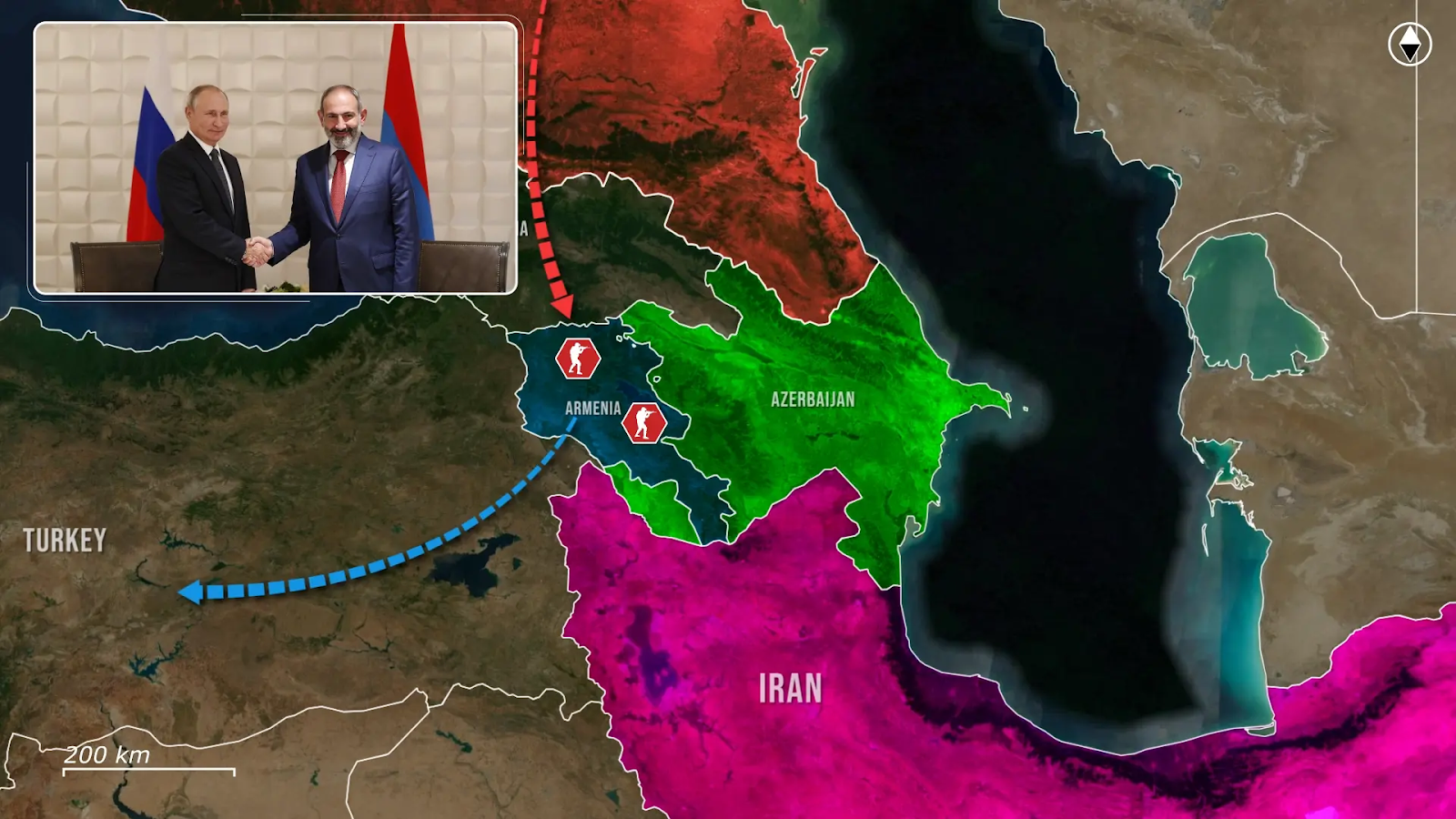
Notably, Russia and Iran are deepening their military cooperation in the southern Caucasus, signaling joint strength to two neighbors seeking to break free of their influence. In the Caspian Sea, they have just completed the Casarex 2025 naval and amphibious drills, bringing together warships, missile boats, and destroyers for coordinated operations. While officially framed as defensive, these exercises demonstrate capabilities that could be applied offensively. Regional analysts now warn of scenarios where Russian troops already stationed in Armenia seize strategic border crossings, or where Russian intelligence agencies fund and arm separatist groups, repeating the same playbook used in Ukraine and Georgia. Amphibious landings or missile strikes from the Caspian could target coastal infrastructure, while Iranian forces move in from the south, forcing the still infant friendship between Armenia and Azerbaijan to mount a joint defense against two major regional powers at once.
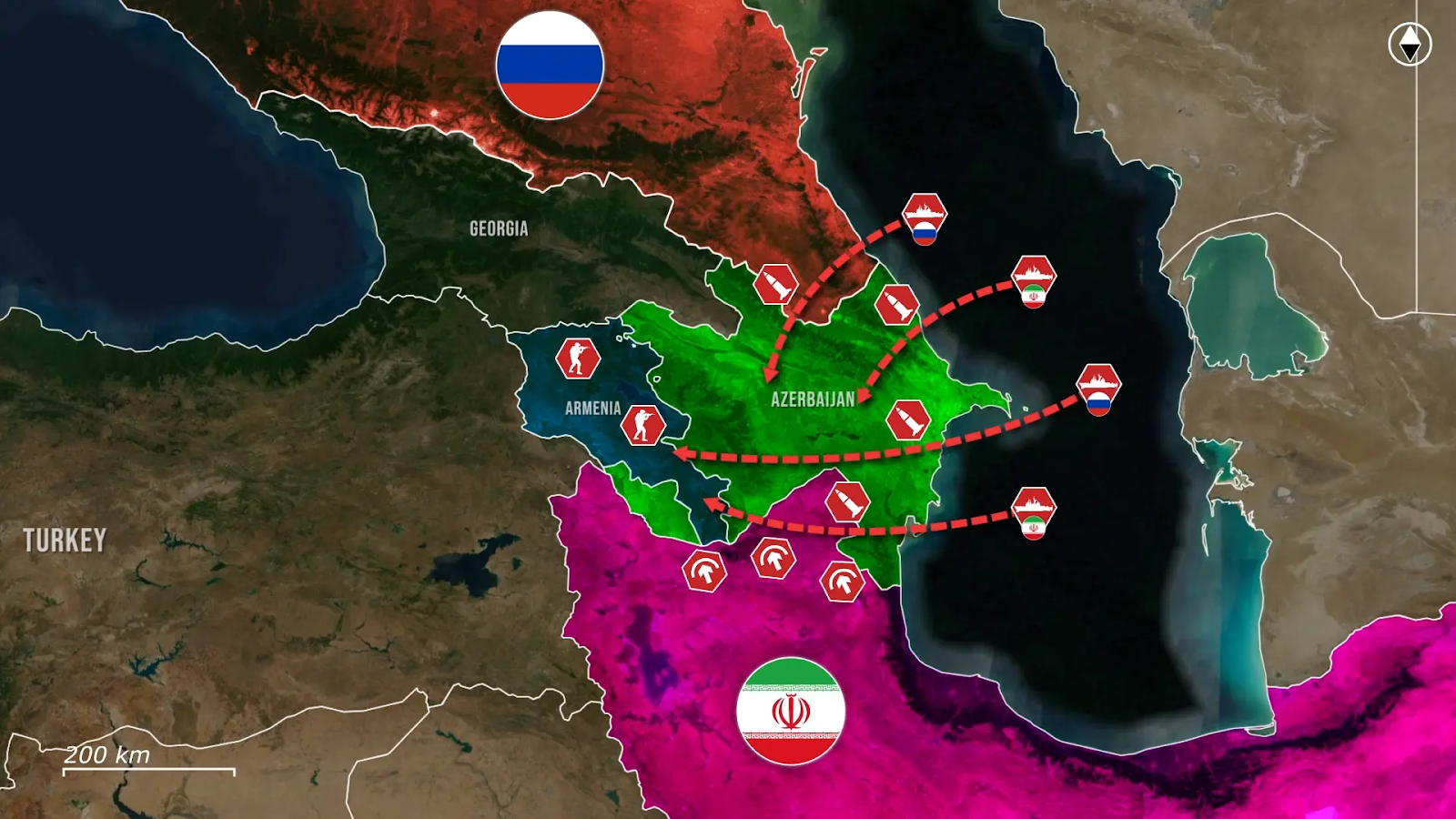
Overall, the alignment of Armenia and Azerbaijan under a US-backed trade and transit deal has forced both Russia and Iran to confront the disappearance of their influence in the South Caucasus. For Iran, the corridor represents a strategic bypass that cuts it out of the regional transit and undermines its energy leverage; for Moscow, it signals the loss of another former client to Western-backed integration. Their joint military exercises and hardline rhetoric suggest that, for all the diplomatic progress made between Azerbaijan and Armenia, the Zangezur Corridor could still become the focal point of a new confrontation, one where the peace deal itself is the target.
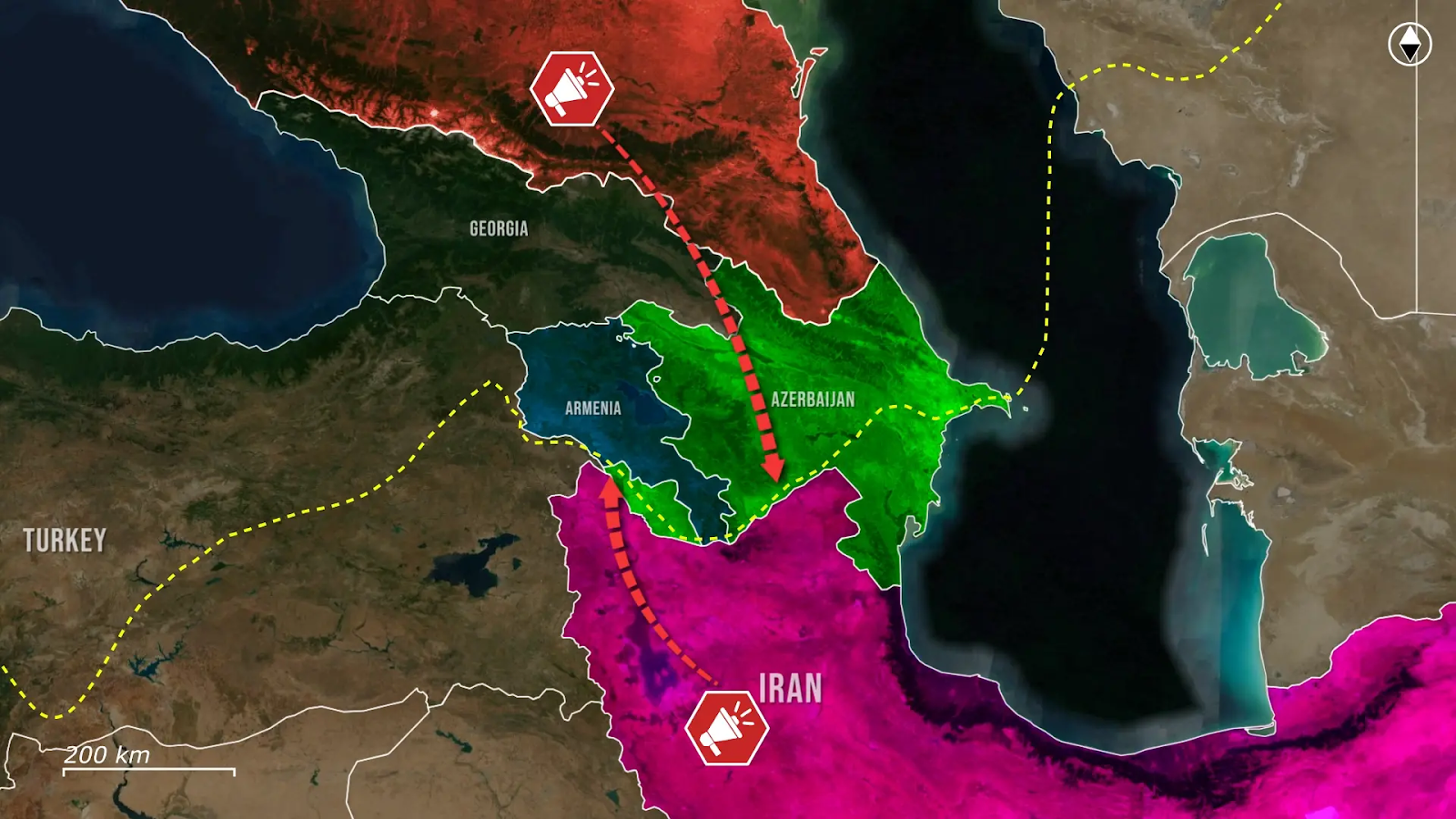


.jpg)
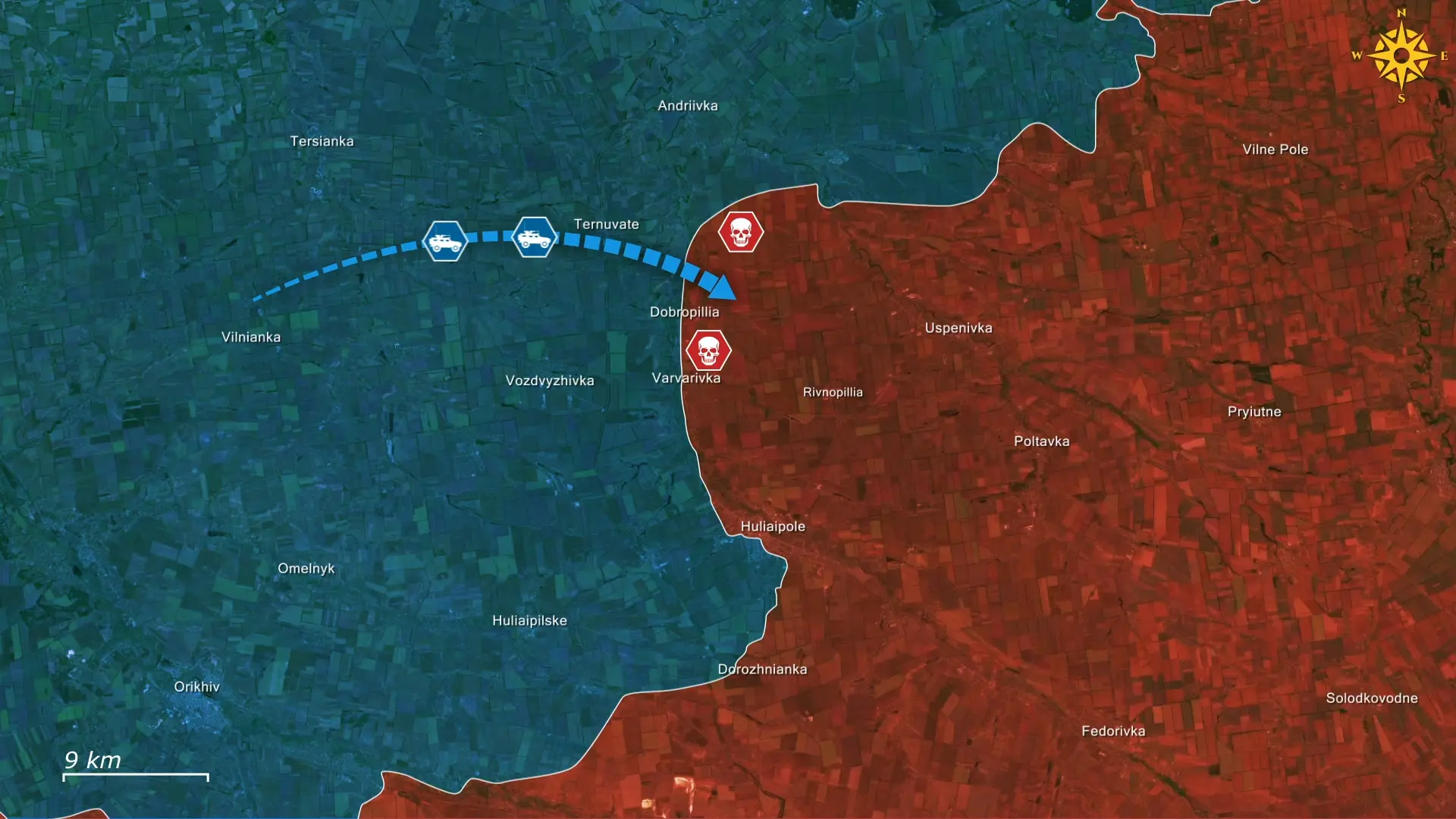
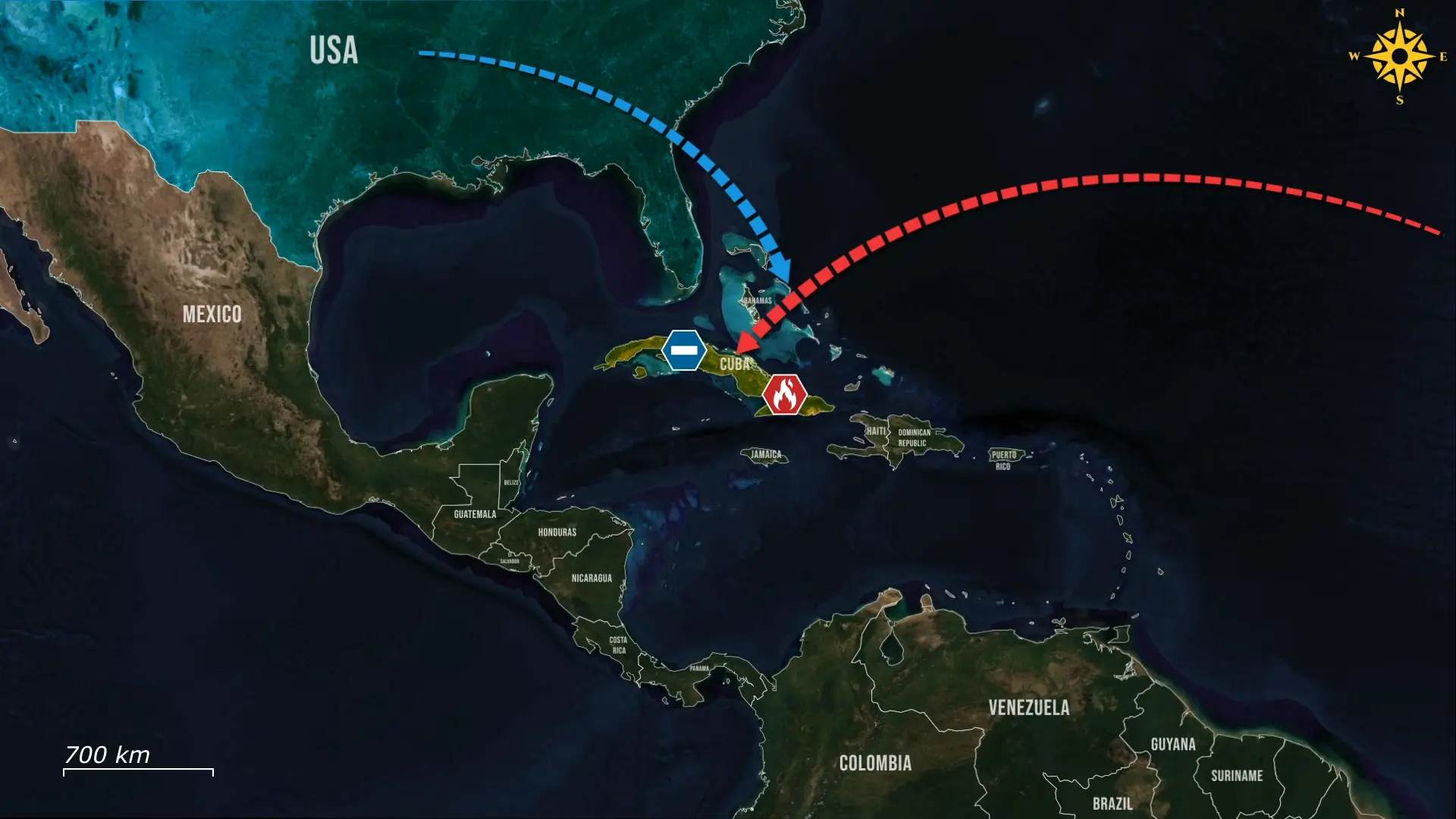
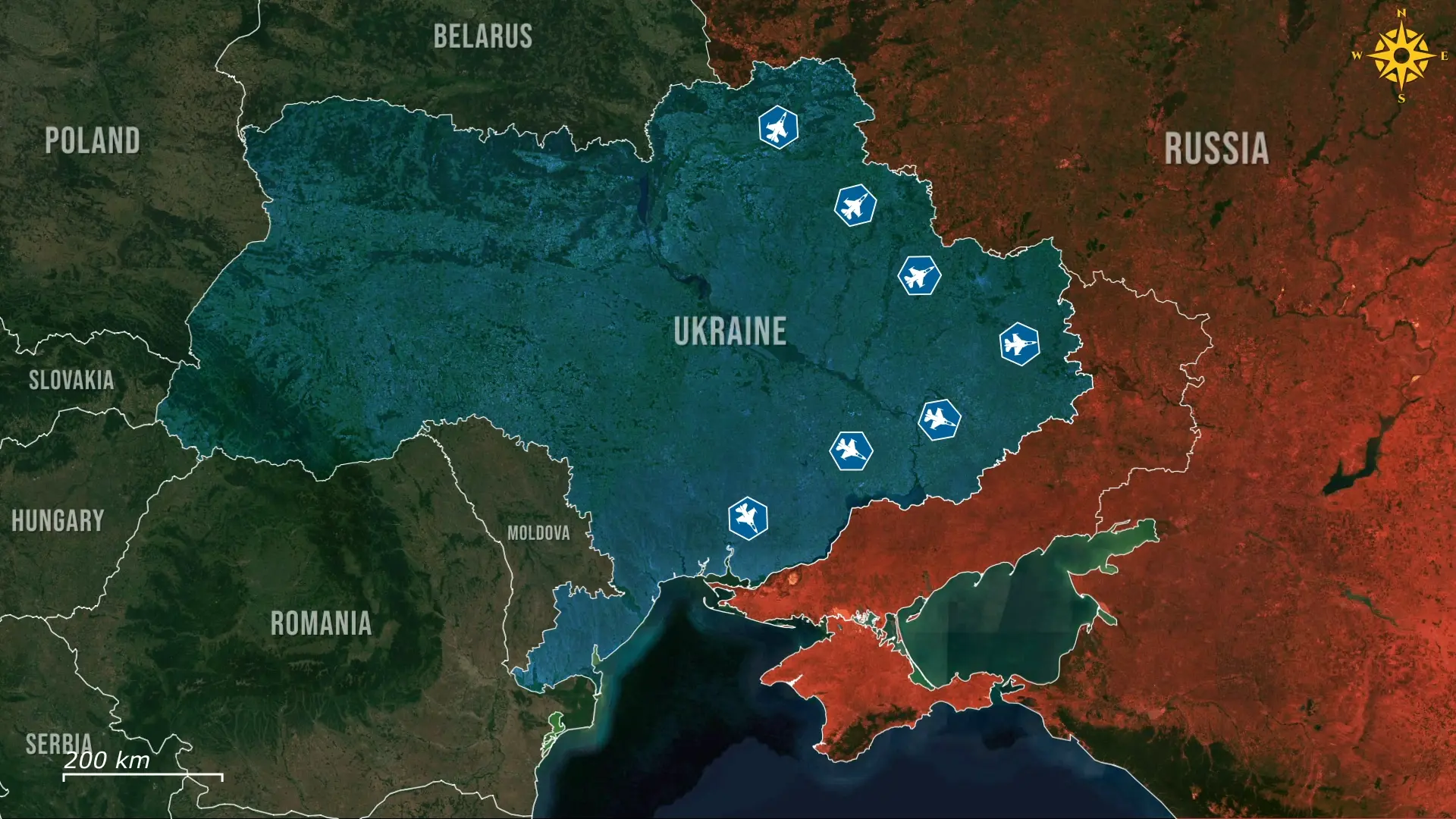
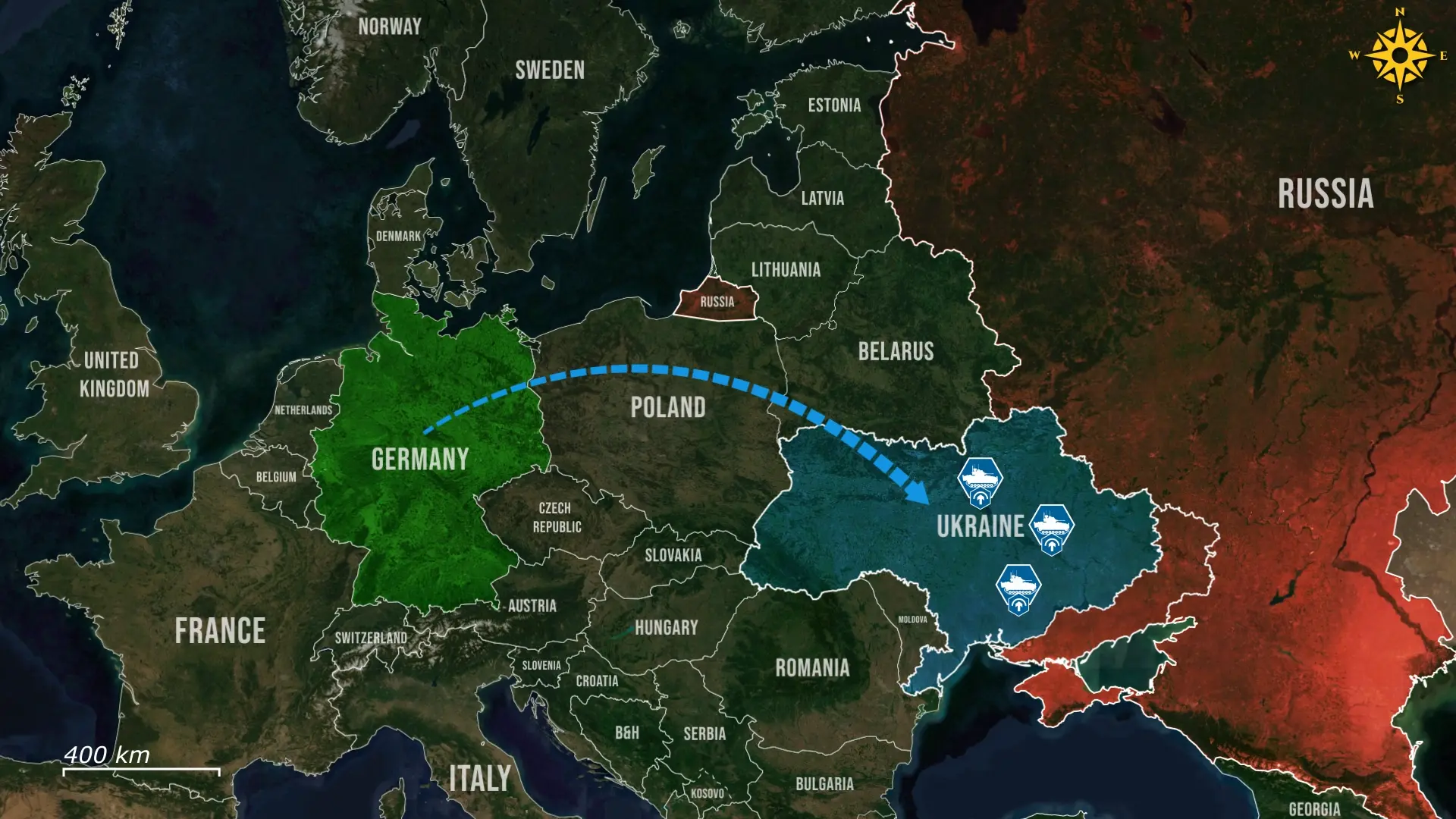
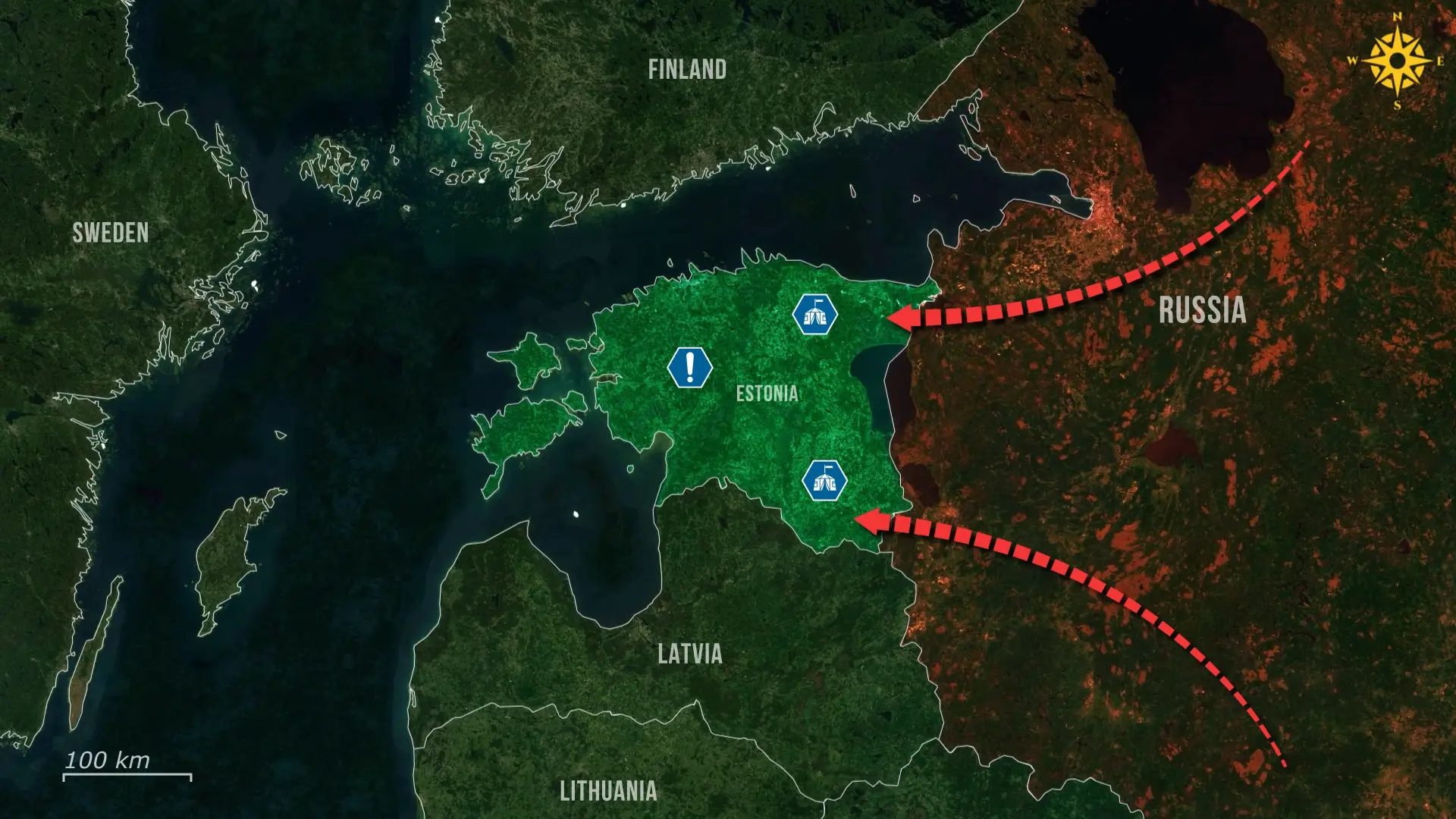
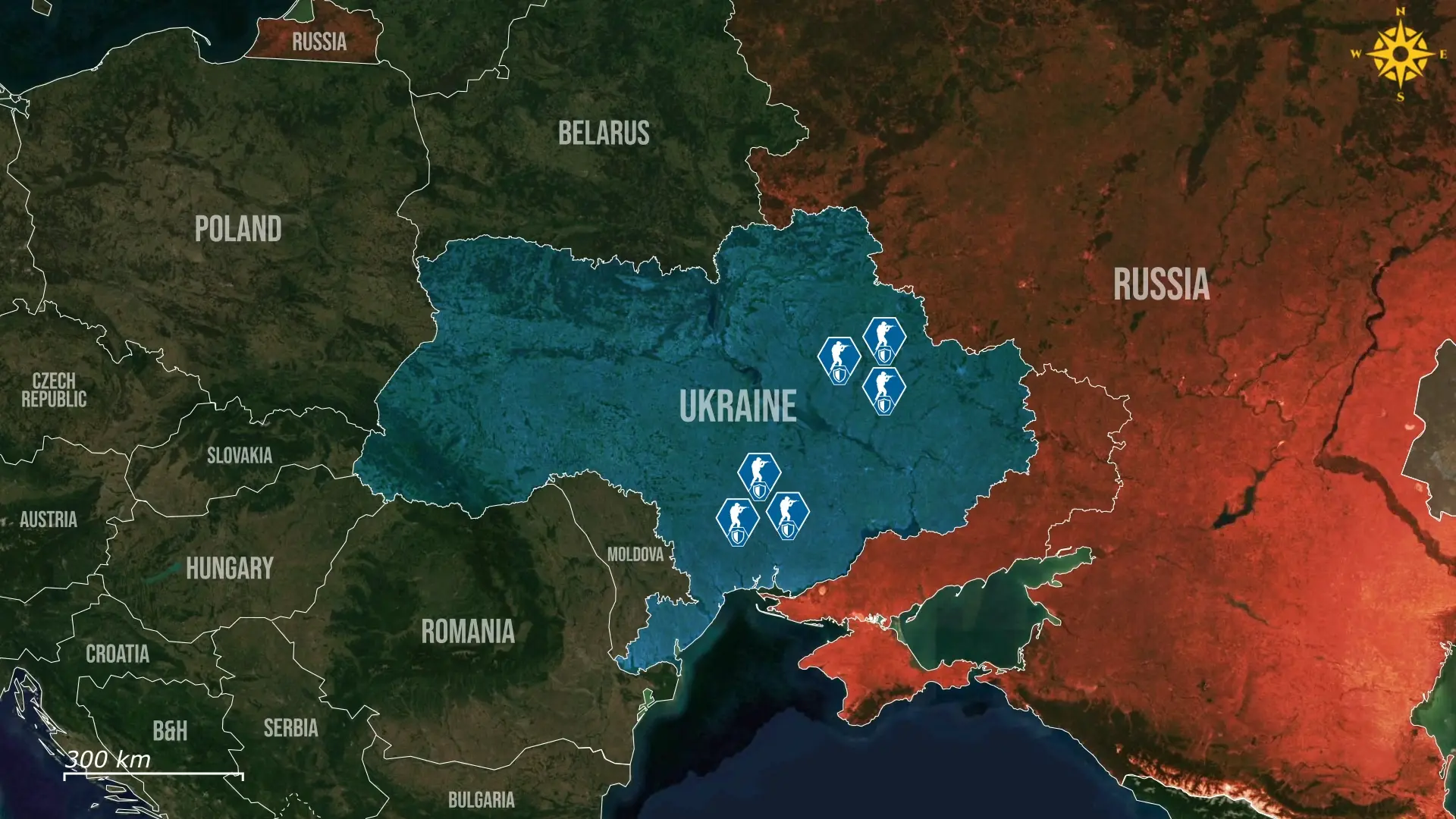
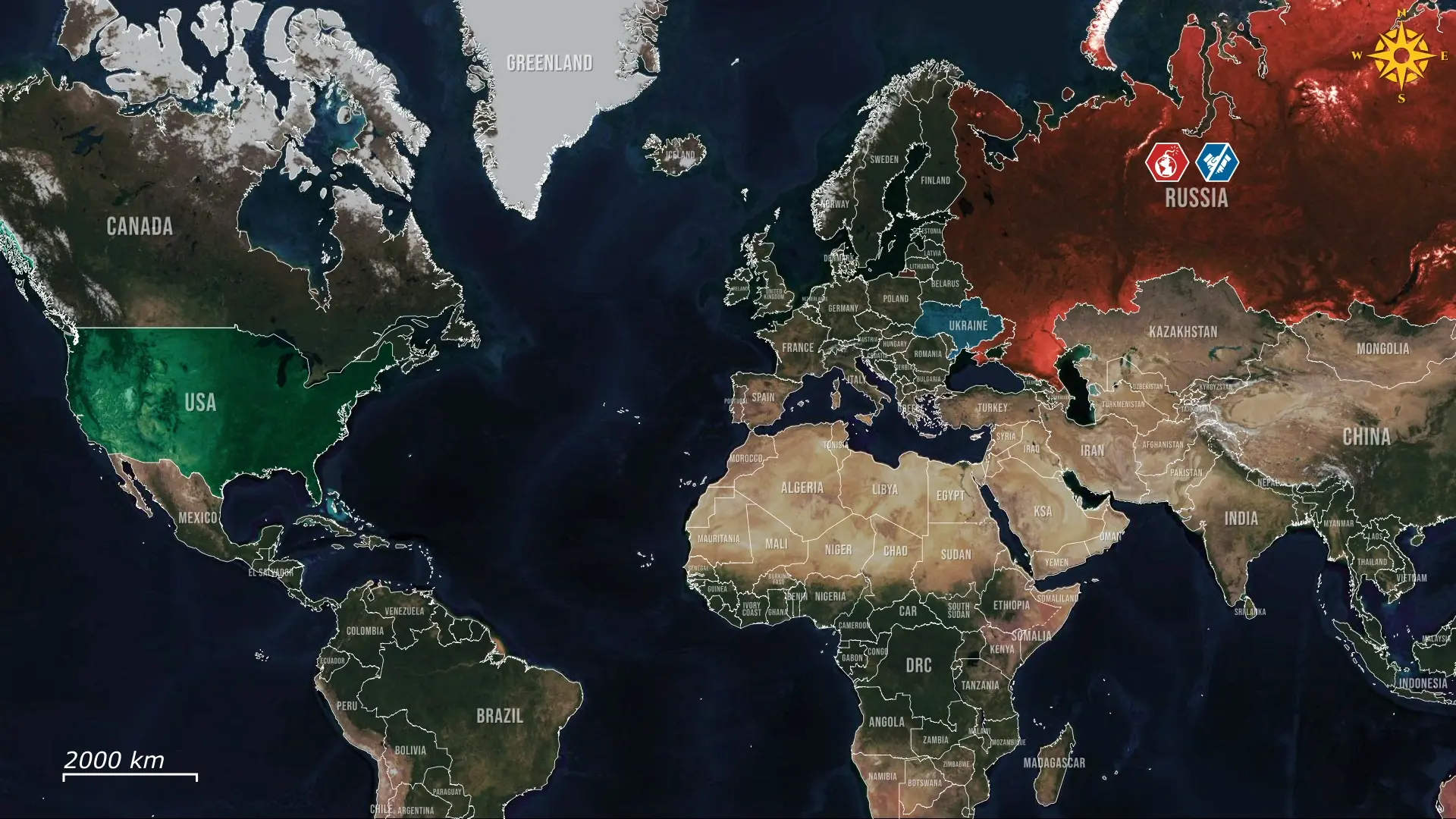
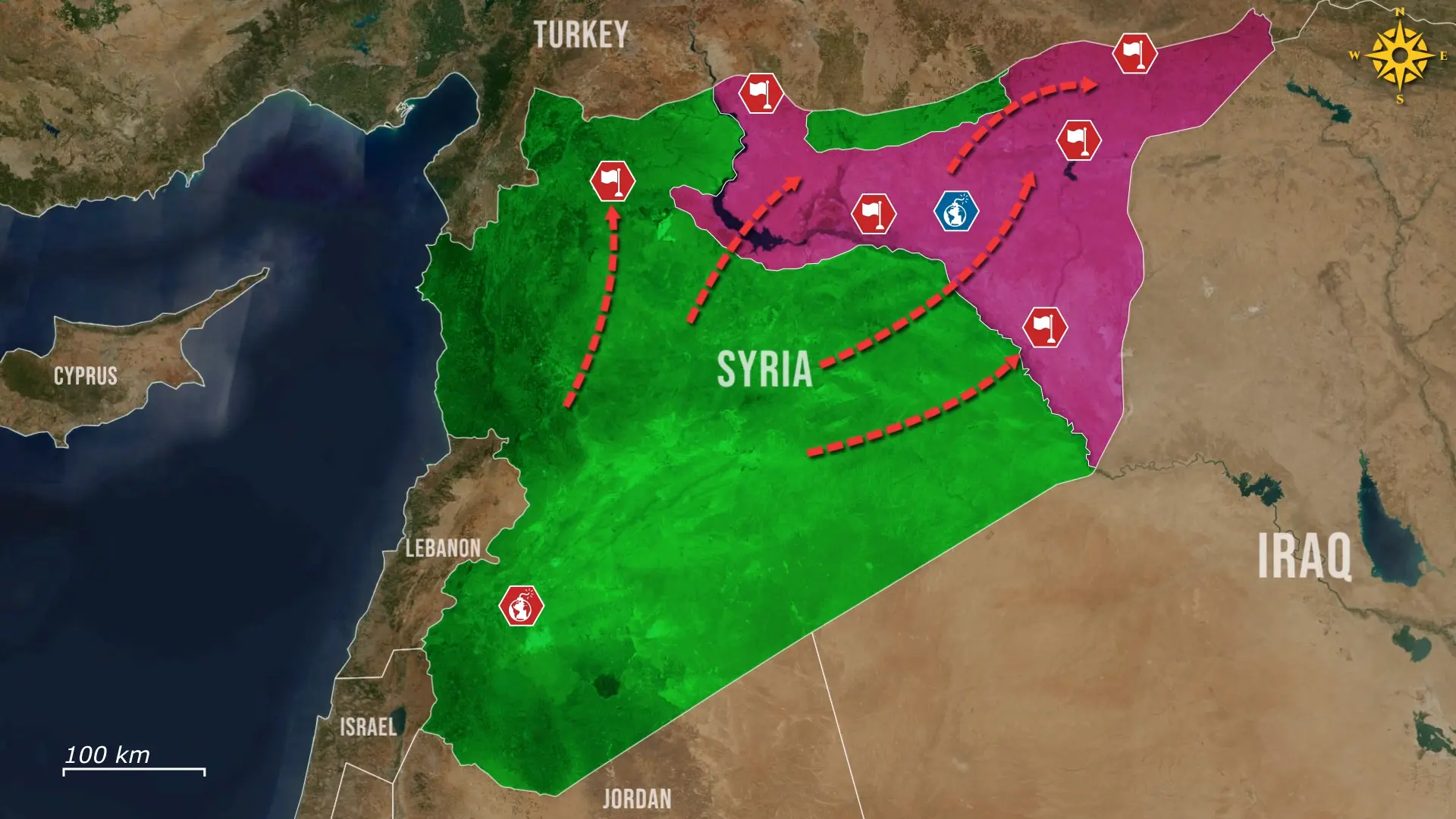
Comments